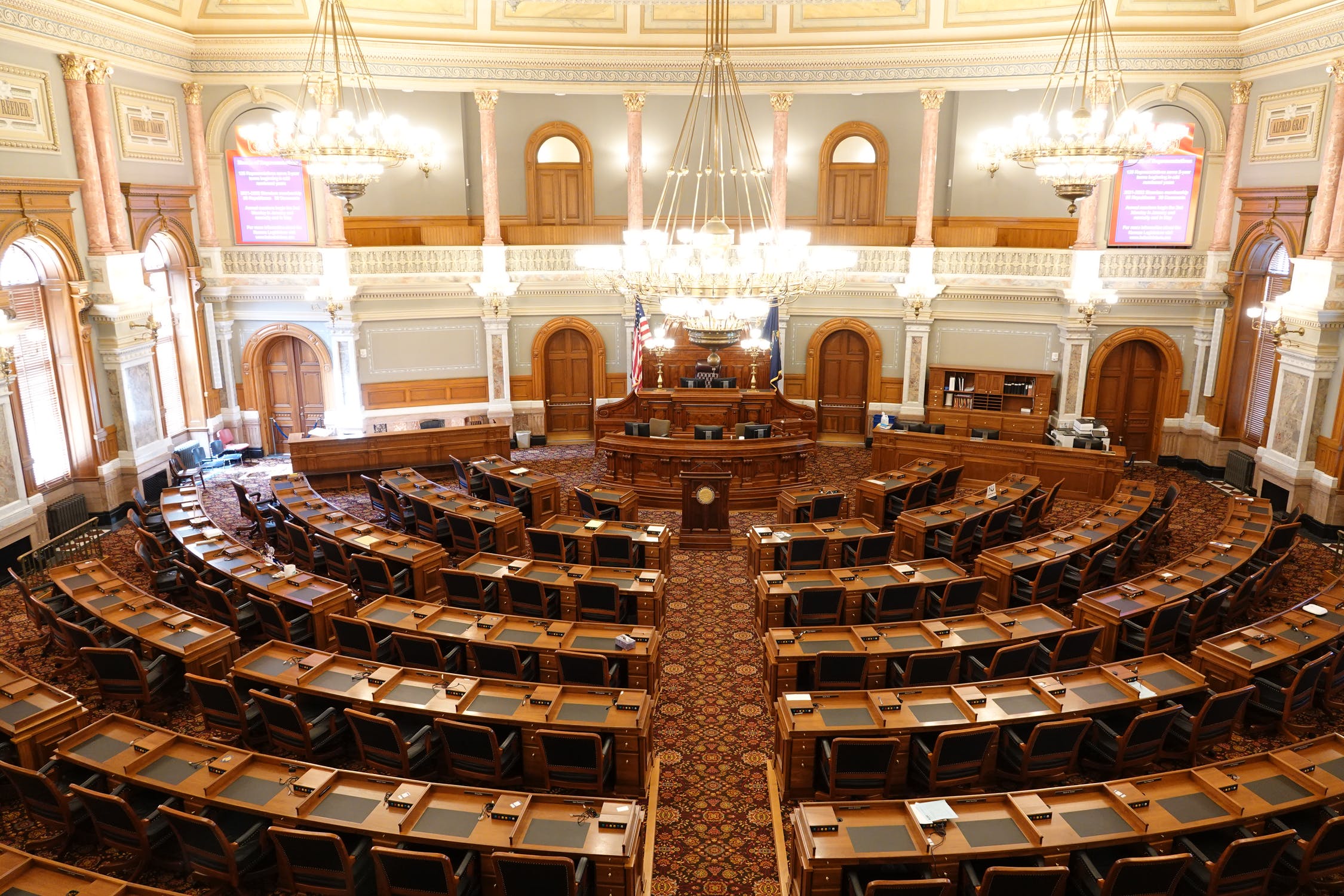At this time of year, my children come to me for help with their taxes. Last week my son Cameran asked for help filing so that he could get back the withholdings from his summer job at the city parks and Madelyn questioned whether she needed to file at all based on her income and tips at a local restaurant.
My wife Tammy and I are widowed and blending a family with twelve children (and now thirty-two grandchildren). Madelyn and Cameran are the youngest. We have tried to engrain in all twelve of them the sound financial principles in which we so strongly believe: tithing to our faith community, saving for the long term and emergencies, living within a budget, paying as you go, avoiding debt, being generous with those in need around us.
Last week, as I was starting to mull over taxes with Cameran and Maddy, the voice of our Alexa on NPR news announced that Joe Biden had signed the coronavirus relief bill and that part of that bill was a totally refundable tax credit of $3600 per child six and under and $3000 per child over six but under 18 (meaning all citizens can receive all of it regardless of how much taxes they owe.) My kids asked me what I thought.
I am a fiscal and social conservative, so my first thought was, “There’s another mountain of debt that my children and grandchildren are going to have to pay back someday.” But then I reflected on how in my own early days of graduate school and parenthood we had to be so careful with our pennies and something like this would have been very welcomed. I thought of all our children scattered around the country today with their single-earner families and what this might mean to them. I did the math and realized this child tax credit represented a more than $100,000 annual influx into our extended family. That’s nothing to sneeze at! I came to the conclusion that even though I thought the overall $1.9 trillion relief bill was excessive, perhaps I should think twice about my opinion of the child tax credit. I came to the conclusion that even though I thought the overall $1.9 trillion relief bill was excessive, perhaps I should think twice about my opinion of the child tax credit.
Frankly, the more I thought about it the more the child tax credit began to resonate with me. Clearly, it would benefit the poor. Removing the $2,300 income floor (previously required to be underneath to receive the credit), making the credit fully refundable, and direct-depositing the credit monthly all appear to be measures enacted to ensure families most in need will receive and use the credit as planned. A few thousand dollars to a family struggling to get by might be just what they need to keep a roof over their head and food on the table. As a professor in family studies, I am well aware of how important an adequate family income is to the development of children. I read that this child tax credit will cut the number of children living in poverty in half. That’s a major plus.
This child tax credit not only affects the poor, but it enables middle-income families (like my own children and grandchildren) to have more financial resources. However, they don’t really “need” the money and I would not feel good about my children receiving a “government handout.” I don’t believe in handouts. But it dawned on me this was a tax credit, not a handout. For my children, who are all making good middle-class wages, it means that their income taxes will be reduced or eliminated. They will be able to keep more of their own money. And having taught them personally the principles of family finance, I have much greater confidence in how they will spend the money than how the government would spend it!
Here are a couple of examples of how the child tax credit will affect my children. I have a son with a wife and four kids who teaches at a school in San Francisco. They can only afford a home 15 minutes past the end of the BART line. He and his wife have lived the financial values that we taught him, but it has been a struggle at times. Their desire is for him to be the breadwinner, and his wife to be a stay-at-home parent. With the cost of living in California being so high, even being very frugal, it is difficult for them to make ends meet on a single income. The child tax credit is just enough that they can live in California on his teacher’s salary with a little more wiggle room. It is less likely that his wife will need to work outside of the home, and more likely that she will be able to focus more time and energy on raising those kids.
I have a son with seven children and a daughter with five children (and expecting twins) who live in Albuquerque. They both make a good middle-class income, but having so many children with just one income can be challenging. They will make good use of the tax credit to support their myriad children in their education and activities. In essence, this child tax credit is equivalent to a part-time job, without the parent needing to leave the home. This tax credit is symbolic that children are a public good and deserve to be invested in.
I reached out to a wise former teaching assistant, Alex Gunderson, who graduated a few years ago, and asked his thoughts. He wrote to me: “The news of the increased child tax credit was a welcomed surprise for our young family of four. We are fortunate enough to have a modest income that provides for essentially all of our needs, and even some of our wants. However, the increased credit helps our family accelerate some of our important financial goals that otherwise would require more time and sacrifice, like investing in our children’s 529 plans and saving to buy a home that accommodates our growing family.”
I guess what puts me over the top is that this tax credit is symbolic that children are a public good and deserve to be invested in. And as Alex wrote to me, “In my humble opinion, in light of the ever-growing government deficit and massive spending on economic recovery these past few years, a few thousand dollars per child per year represents a pretty scant investment by the government in the generation that will likely be called upon to bear the financial burden of the trillions of dollars spent for the sake of short-term economic recovery.”
I guess I am convinced. I can return to helping Cameran and Madelyn with their taxes, at peace with knowing that because of the child tax credit my children will pay fewer taxes and have more resources to teach their own children to be wise financial stewards.

















